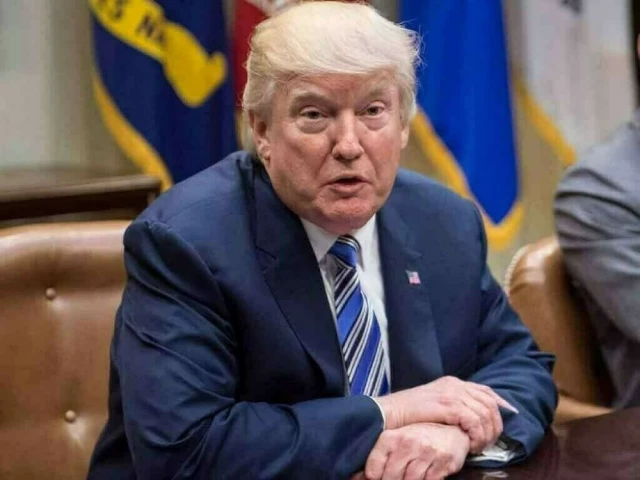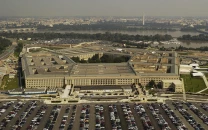Trump's approval rating drops amid Project 2025, 'Signalgate' scandal
A poll also noted that Elon Musk saw a 10-point drop in his favourability rating from February to March.

US President Donald Trump's approval rating has taken a notable dip, dropping from 47% to 43%, according to Gallup.
This decline comes as Americans respond to several early moves by his administration, including the controversial Project 2025 agenda, market-disrupting tariffs, and some unusual policy interests, such as acquiring Greenland and reshaping US influence in the Gulf.
Despite distancing himself from Project 2025 during his campaign, Trump’s swift embrace of its policies has raised concerns. This has potentially alienated voters and dampened initial support for his presidency.
Vanity Fair reported that Trump's recent policy decisions, including proposed tariffs affecting Canada and Mexico, discussions about renaming the Gulf of Mexico, and his approach to Greenland, have contributed to the drop in public approval.
Additionally, concerns about government spending cuts, especially in areas like medical research for cancer and Alzheimer’s, have further fueled dissatisfaction.
A Harvard-HarrisX poll noted that billionaire Elon Musk, who has been a prominent figure influencing federal agencies under Trump’s administration, also saw a 10-point drop in his favourability rating from February to March, amid ongoing protests related to Tesla.
Public discontent with Trump’s leadership is evident in various key issues. A recent Associated Press–NORC Center poll revealed that only 38% of Americans approve of his handling of trade negotiations, 40% support his economic policies, and 41% back his approach to the Russia-Ukraine war and Social Security. His strongest polling issue remains immigration, with 49% approval.
In addition to declining approval ratings, the Trump administration is facing increased scrutiny over the so-called "Signalgate" scandal.
National Security Adviser Mike Waltz reportedly created a Signal group to discuss classified plans for a Yemen attack, which included 17 government officials, such as Vice President JD Vance, Secretary of State Marco Rubio, and Secretary of Defense Pete Hegseth. The inclusion of Atlantic editor-in-chief Jeffrey Goldberg has also raised eyebrows.
Although the White House has downplayed the incident, a CBS News–YouGov poll found that 76% of Americans, including 56% of Republicans, believe discussing military operations on an unsecured app was inappropriate.
Despite the criticism, Trump has refrained from taking action against Waltz, reportedly asking allies whether he should remove him but ultimately deciding against it to avoid yielding to media pressure.




















COMMENTS
Comments are moderated and generally will be posted if they are on-topic and not abusive.
For more information, please see our Comments FAQ